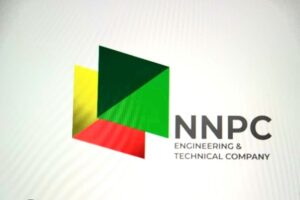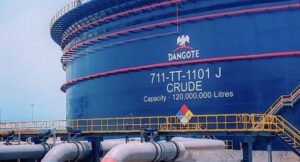

Fuel price reaches as high as N2,000 per liter in Ogun
Residents of border communities between Nigeria and Benin Republic in Ogun State are facing significant challenges due to the high cost of petroleum. In these areas, the price of petrol has surged to as much as N2,000 per litre.
This dramatic increase is partly due to the limited number of licensed petroleum stations in the region. Only four stations—Lafems Oil, Mobil Fuelling Station, Oppresso Oil and Gas, and Somolab Fuelling Station—are authorized by the Nigerian government to sell petrol in these border areas.
The affected communities include Idiroko, Ijofin, Agosasa, Ipokia, Iwoye Ketu, Tube, Oniro, Araromi Ofo, Ilate, Ohunbo, Agada, Maahun, and Tungeji, situated across Ipokia and Imeko Afon Local Government Areas.
While the licensed stations sell fuel at prices ranging from N1,200 to N1,300 per litre, black market sellers have set prices as high as N2,000 per litre. Smuggling is also contributing to the elevated prices.
In 2019, former President Muhammadu Buhari imposed a ban on the supply of petroleum products to stations within 20 kilometers of Nigeria’s border to curb fuel diversion to neighboring countries. Although subsequent waivers allowed some stations in border areas to sell fuel, the number remains inadequate for the local population.
Imoleayo Mawutin, Chairman of the Ipokia Local Government Youth Forum, criticized the insufficient number of petrol stations, noting that four stations are inadequate for a population exceeding 350,000. He urged the government to lift the ban on fuel sales at border stations and allow more stations to operate.
Mawutin highlighted that the local government receives a weekly supply of 180,000 litres of petroleum, but much of it is diverted to Benin Republic, leading to shortages and high prices. He described how residents must travel over 30 kilometers to Owode township in another local government area to purchase petrol, only to face harassment and confiscation by customs officials. This situation has severely impacted local hospitals, small and medium enterprises, and farmers, who are left with no choice but to buy petrol from black market sellers at exorbitant prices ranging from N1,500 to N2,000 per litre.



